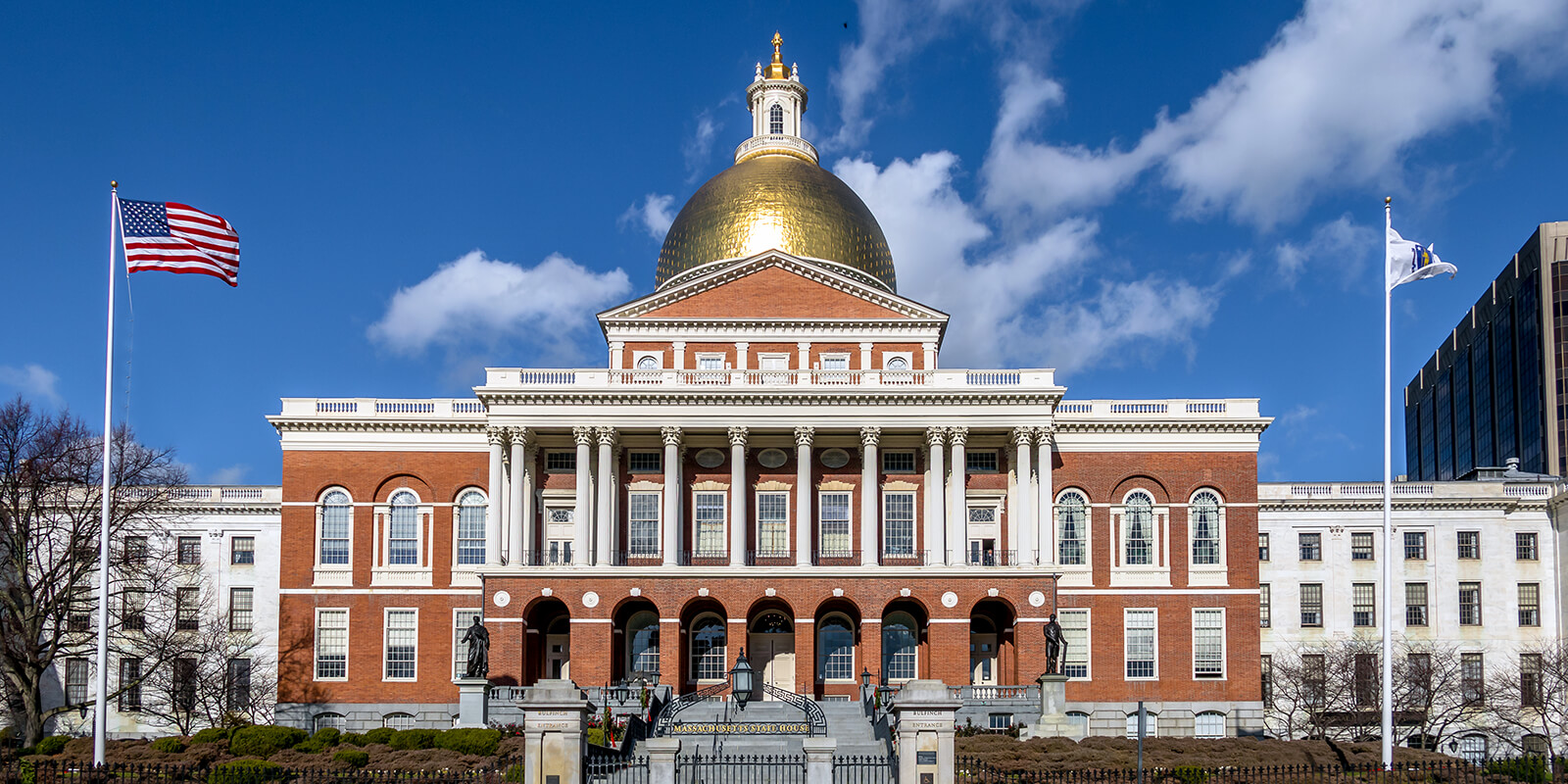BOSTON – More than 6,500 AFSCME Council 93 members working for the commonwealth of Massachusetts recently shared a total of $13.9 million in one-time COVID-19 hazardous duty payments.
The payments, which Council 93 members secured in conjunction with the last Unit 2 state contract agreement, arrived in members’ recent paychecks. They are well-deserved recognition for the hard work and perseverance Council 93 members have shown throughout the pandemic.
Unit 2 members work with some of the most vulnerable populations in direct care settings across the Massachusetts Departments of Mental Health, Developmental Disabilities, Public Health, Youth Services, and Corrections.
Conservation and Recreation workers also shared in the payments. Usage of state forests, parks, greenways, historic sites and landscapes, seashores, lakes, ponds, reservoirs and watersheds surged during the pandemic as the public sought safe, outdoor, and socially distanced recreational opportunities.
Nearly 90% of employees were eligible for the maximum payment of $2,000 for those who were directed to work full time in person throughout the pandemic. The remaining full-time hybrid and part-time employees each received $1,000 payments.
“That most Council 93 members received the maximum payments shows that our members are critical to keeping the commonwealth running by serving our most vulnerable citizens,” said Council 93 Executive Director Mark Bernard, who’s also an AFSCME vice president. “Many of our members put their health and the health of their families on the line, and continue to do so. That sacrifice and dedication deserves to be recognized and honored.”
Kelly Druskis-Abreu, president of Local 137 and a mental health worker at Worcester Recovery Center and Hospital, says the hazardous duty payments come as a relief to workers on the COVID-19 front lines.
“For a lot of the essential state workers, they come into work giving their all in this time of uncertainty, not knowing what the shift brings or if they will be able to leave at the end of their shift due to the increased number of COVID positive cases amongst their colleagues,” Druskis-Abreu said.
Front-line workers are still dealing with the effects of the pandemic every day.
Druskis-Abreu noted, “There is a lot more stress that is being put on one’s shoulders. Constant use of uncomfortable PPE (personal protective equipment). Workers fear being infected, infecting their loved ones at home, missing work and pay if (they) run out of sick time.”
Bernard also addressed ongoing negotiations with other employers in the Council 93 region.
“While we applaud the commonwealth for recognizing the dedication of our Unit 2 members, we continue to fight for recognition from all of the employers across our four-state region for the extraordinary work and commitment displayed by Council 93 members throughout the COVID-19 pandemic,” he said.
This is not the first time Council 93 members have secured additional pay to reward workers for their bravery and dedication during the pandemic. In April 2020, Massachusetts AFSCME direct care workers received additional “shift differential” pay ranging from $5 to $10 per hour. That was provided well before vaccines were available and when workers had little or no access to masks and other PPE.
Just a few weeks prior to that agreement, Council 93 reached a similar deal with Maine Gov. Janet Mills providing hourly increases for members working as state corrections officers and mental health workers. It was the first agreement its kind in the Council 93 region and among the very first in the country. In addition, over the past two years, members have negotiated a number of hazard pay agreements at the municipal and county levels and continue to fight to secure such pay for as many members as possible.
